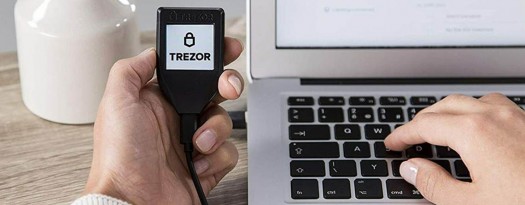The MIPT Master's Degree in Blockchain has become the first Russian state curriculum to issue non-fungible tokens (NFT) for master's degrees. The diploma in NFT format is presented in the form of a graphic video object, which contains information about the graduate student and the year of graduation. The NFT itself has electronic signatures of the attestation commission participants, which is an additional measure to confirm authenticity. Together with the NFT, the right of ownership of the object is transferred to the graduate, the author of the issue is the master's degree in MIPT blockchain. NFT diplomas were issued using Etherium on the OpenSea platform.
"The release of NFT tokens of diplomas on the blockchain was a logical step for us. Our master's program focuses on the relevance of knowledge and formats, and the NFT format has already successfully established itself in the market not only as a collectible, but also as a form of ownership of a digital asset. In this regard, the digital diploma perfectly demonstrates the basic properties of the blockchain: transparency, immutability, security guarantee and traceability. A diploma in this format cannot be forged or modified," comments Vladimir Gorgadze, head of the magistracy.
The problem of diploma forgery and confirmation of the acquired level of knowledge is currently acute all over the world, therefore, solutions that use blockchain are increasingly being introduced into the educational sphere.
In 2017, the Massachusetts Institute of Technology announced the introduction of blockchain for the issuance of diplomas. In 2021, the Indian state of Maharashtra announced the launch of an Ethereum-based certification system for some universities, as a surge in diploma forgeries has been recorded over the past few years. In February 2022, some graduates of the South Korean Songyungwan University, as well as all 2,830 graduates of the Korean Hoseo University received diplomas in the form of NFT.
The issue of diplomas in the NFT format allows to make information about the degree of education more transparent and allows interested parties to trace the authenticity of the received document. A digital diploma in NFT format cannot be forged. In addition, one of the advantages is the possibility of instant access to this document from anywhere in the world, for example, to show your qualifications to a potential employer.
"Many people now perceive NFT as a hype, but this format has excellent prospects to enter everyday life. For example, you can sell tickets to events in the form of NFT or use them as proof of ownership of real estate. In fact, we are talking about a safe and convenient way to confirm any property rights," notes Alexander Belenov, co-founder of the MIPT Blockchain Master's Degree and head of the ChainLab Blockchain Technology Laboratory of the Idea Research Center, the basic organization of the master's degree.
Currently, blockchain technologies are actively used both in business and at the state level. According to MarketsandMarkets, the volume of the blockchain technology market in 2021 amounted to $4.9 billion, and in 2026 it will amount to $67.4 billion. In Russia, the technology has already been implemented in such companies as Norilsk Nickel, S7, Sber, Russian Railways, Alfa-Bank and many others. Blockchain-based solutions are used to track the movement of goods and cargo, tokenization, authentication of medicines, carbon footprint tracking, as well as to simplify many other business processes.






